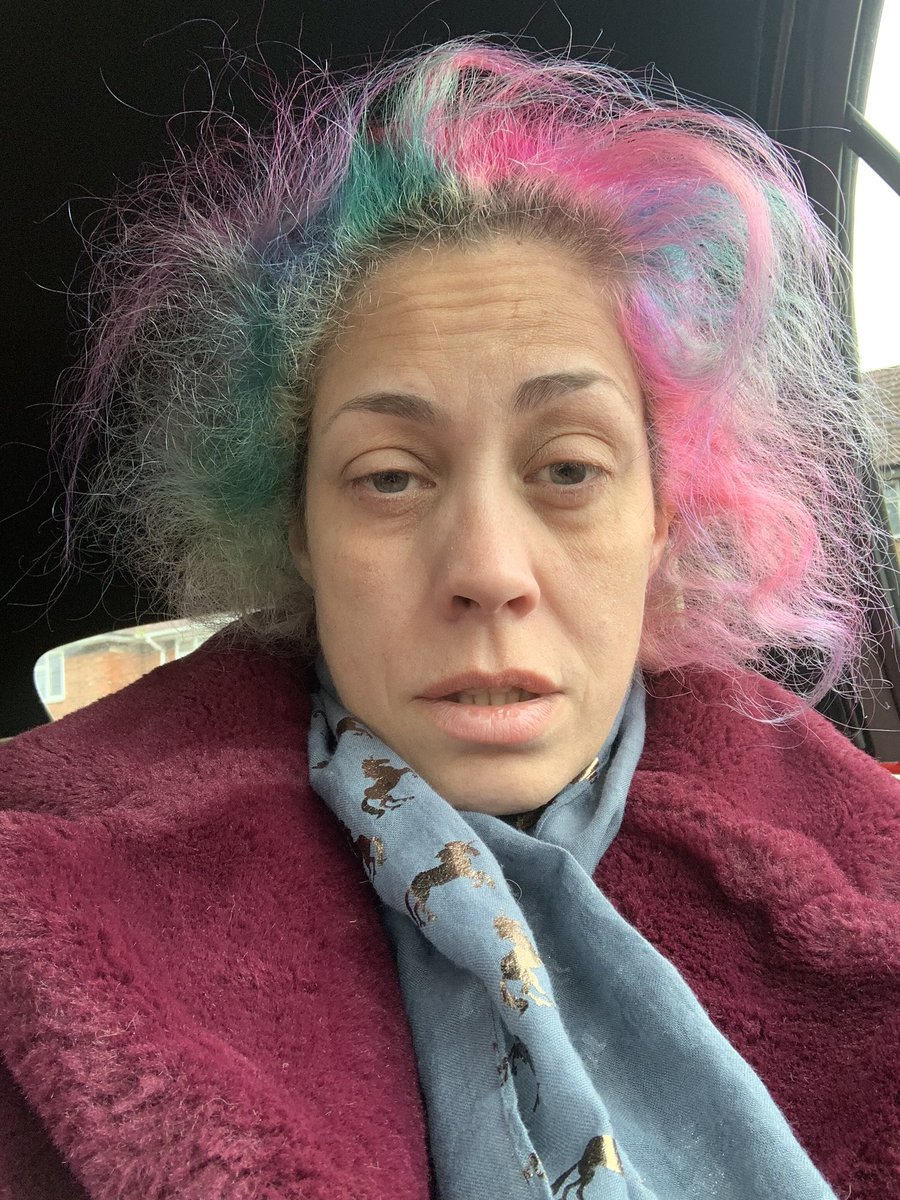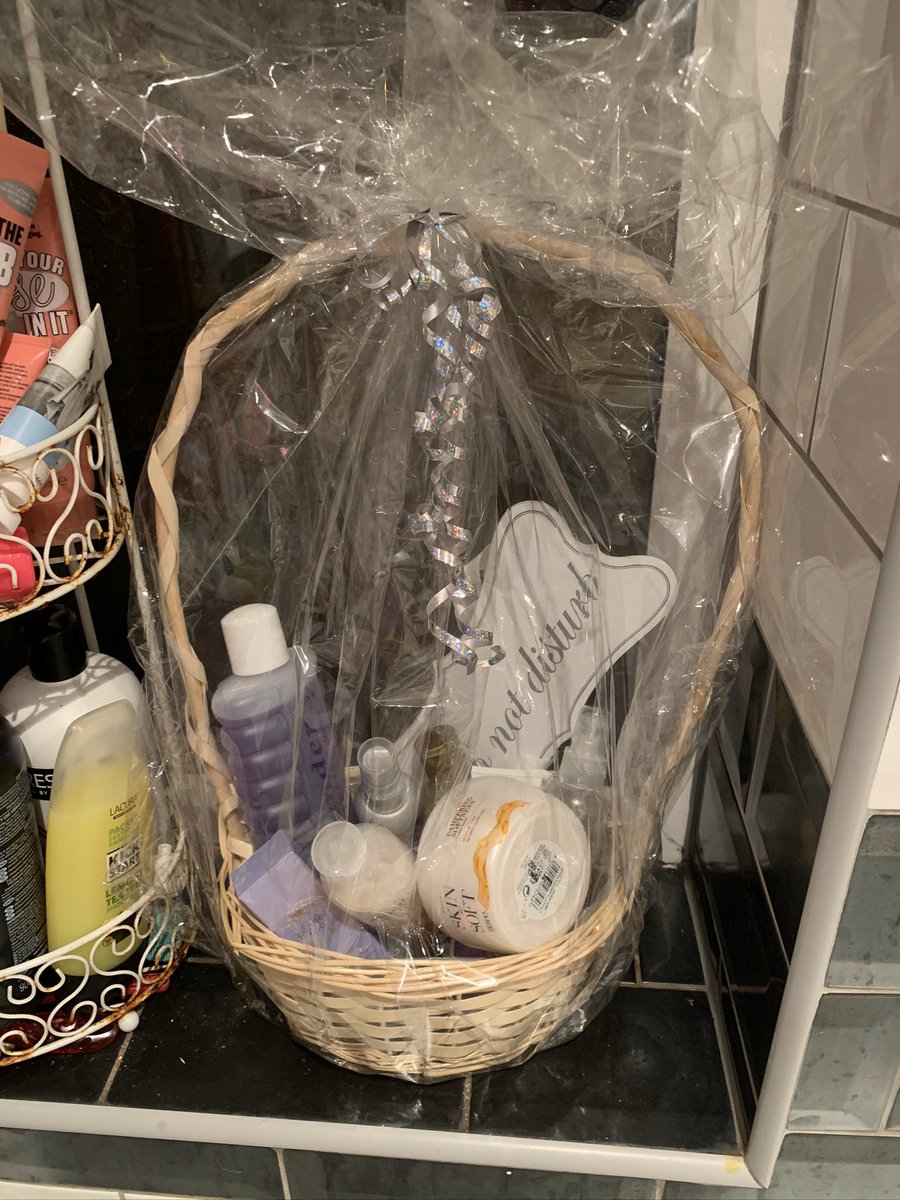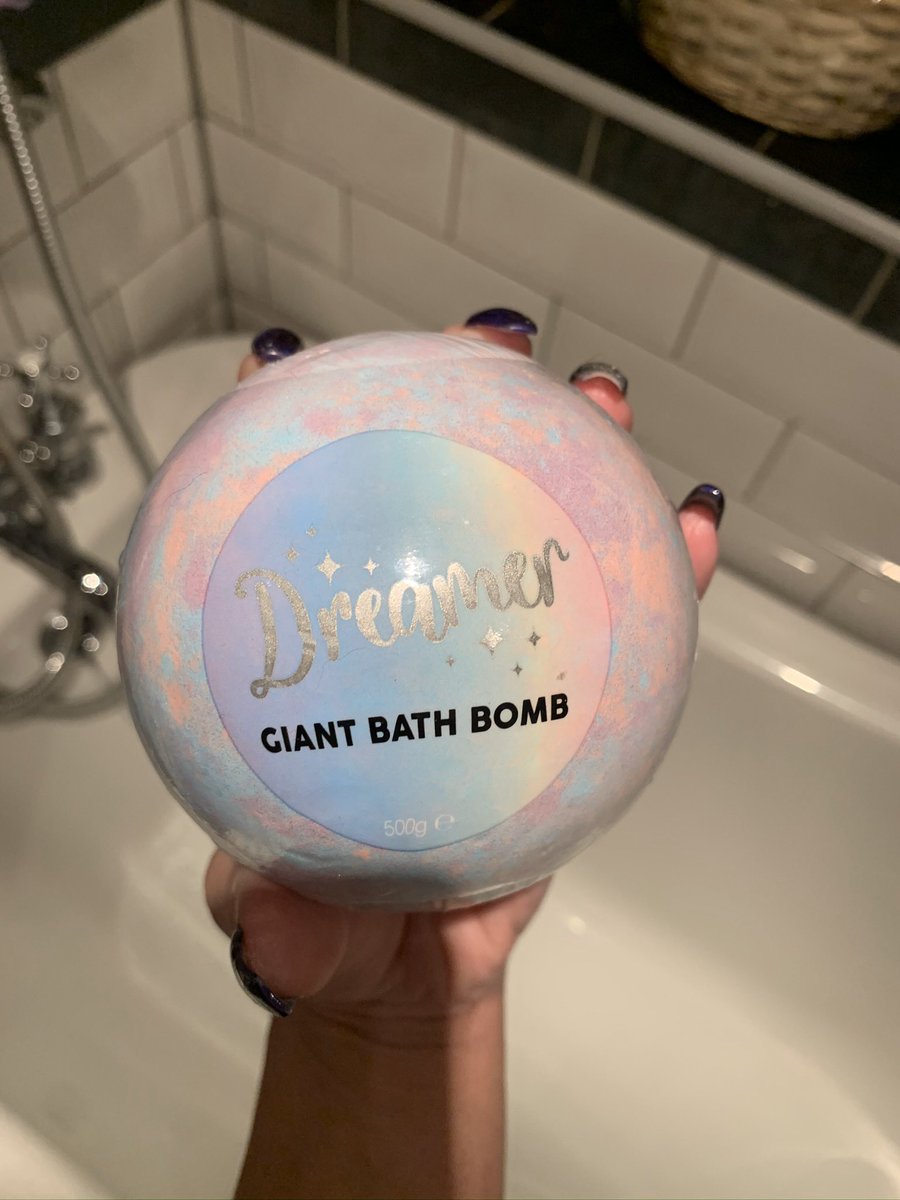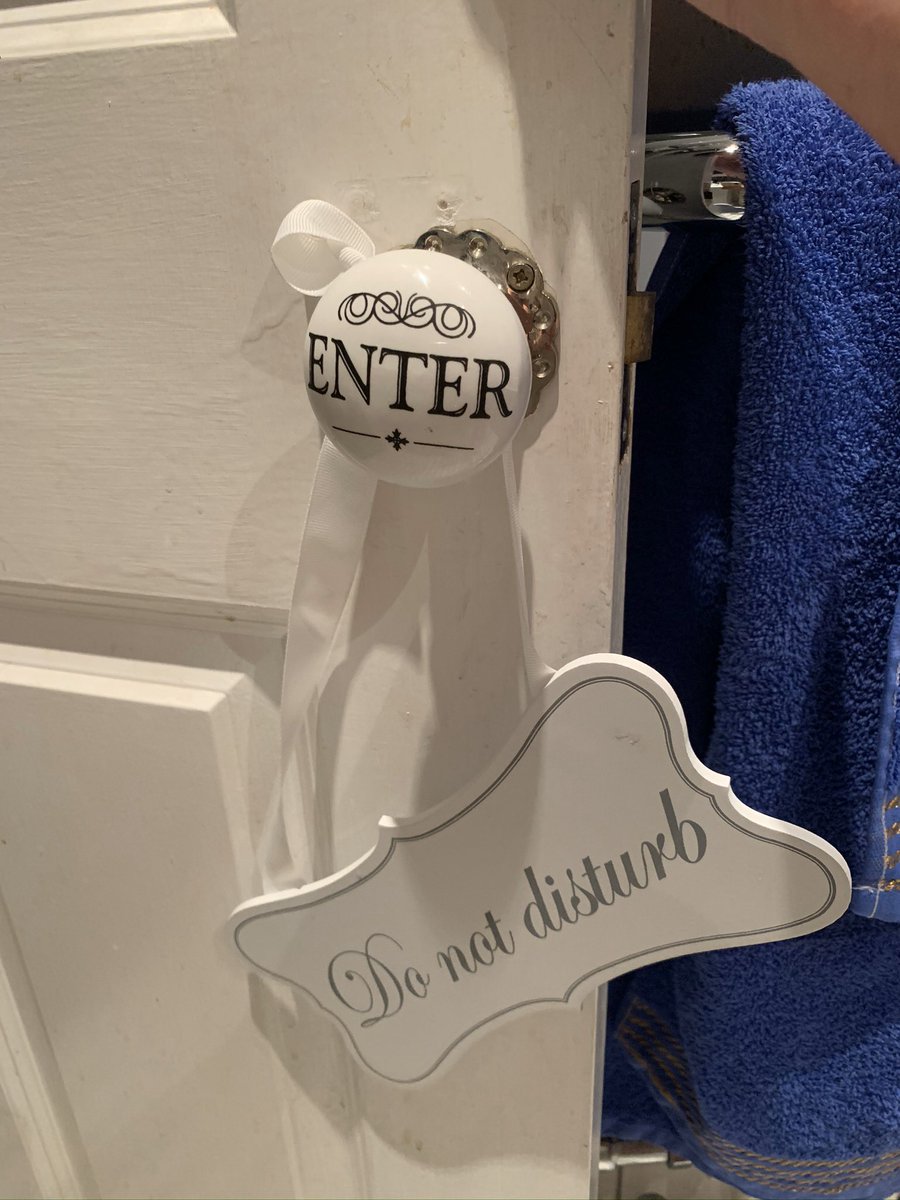
#LXP explanation thread: There is no standardised language in the Survivor movement. When I use the term #LXP it is an acronym for #LivedExperiencePractitioners or #LivedExperienceProfessions. It refers to ALL people who work in posts that require use of insight from >
> lived experience of adverse mental health. So that includes LE Consultants, Survivor Researchers, Peer Support Workers etc, It’s not a universally accepted term, but when I tweet I need to use *something* to refer to us all, so that’s the term I use, because it’s quicker than >
> writing an explanation each time that Twitter doesn’t allow enough characters for, unless it’s a thread which people are less likely to read (ha, that’s a hilarious thing to say in a thread 😂). We all do very different roles but the one thing that binds us is the unique way >
> we openly use lived experience within our roles. Most people have lived experience and sometimes use it to inform their work, but that isn’t generally recorded within literature as a skill in itself, it’s not actively developed, acknowledged or encouraged within ‘straight’ >
> disciplines. It doesn’t inform the complete approach within the discipline. That approach creates a different relational approach to the work itself, as well as between colleagues and service users. It also openly challenges stigma, by just existing it challenges the >
> attitudes of staff and some service users, who may absorb negative & stigmatised views towards adverse mental health. This also means that all of, no matter what our work - research, supporting service users, consultancy - all of us face a stigma and discrimination that is >
> unique to our open use of lived experience in our work. It threatens some people. It challenges the status quo. We are punished because of this. We are paid less. We are given lower banded roles than our colleagues, even ones whose role requires less >
> qualifications, knowledge or experience. Our survivor led projects or organisations are less likely to be funded. We are often in precarious financial positions, risking our jobs (our organisations are more likely to fold or go into administration). Individually the cost is >
> a ‘normal’ life. Being kept poor means we may face threats of eviction or homelessness, food bank access or struggling to make it through the month. Try working well & advancing knowledge in your discipline with that over your head. We may never own our own home, our lives >
> may never feel stable enough to have relationships or have/adopt/foster children. There is often a very high price that we pay for the work we do, it’s often unseen and unspoken. Even if we do reach the dizzying heights of academic status, groundbreaking work, that is still >
> not a guarantee of the levels of status of our colleagues. A paper I always point to is the one below. It is a shocking expose of the fact that research funding into ‘including’ people with mental health conditions doesn’t actually go to projects > tandfonline.com/doi/full/10.10…
> we lead. If @BeresfordPeter @DianaRose160 @SchrebersSister - two professors and a doctor - working within a discipline are finding that they can’t obtain funding for research that is about including us, what hope for those of us who want to grow within our discipline? >
> this doesn’t even begin to describe the stigma within the workplace that we face. In research I did alongside @melanieanneball and Fiona Stirling, we received some heartbreaking examples of this. Like the #LXP whose team went on a ‘team lunch’, but didn’t invite them, because >
> they were a ‘service user’ and not viewed as a valid member of that team. There are constant blatant examples of discrimination that other people refuse to see. The blatant is invisible, not to even start with microaggressions we face. There are some staff who won’t even >
> make eye contact with me. It is usually after challenging discrimination and equal working, not knowing my place. But this isn’t just unique to me, the research we did, the papers other people have written, the blogs and conversations of many of our #LXPs, reveal this very >
> same issue. Yet we keep working, keep challenging, despite the cost to ourselves, because we feel that this is something so important that it needs to be done. I’m often moved by what my colleagues do, and how they bounce back from hospitalisations, hurt, poor health >
> caused by the the stress of constantly experiencing discrimination of the systems that we work in. It has kept me going when I have experienced this myself, I know that this is bigger than me, and that it is a normal, universal experience that we all face. We are not weak. >
> We are have to tap into a strength than many will ever have to in order to simply exist within their workplaces. So, #LXP may not be a universally accepted term, but it is the attempt that many of us are using to describe the umbrella that we all sit within, and our shared >
>experience of working as ppl whose role requires openly using insight from lived experience within their work. I’ll finish this thread with a shoutout to all my fellow #LXPs, you inspire and make a difference just with your sheer existence, let alone the incredible work you do❤️
@threadreaderapp please unroll ☺️
• • •
Missing some Tweet in this thread? You can try to
force a refresh













